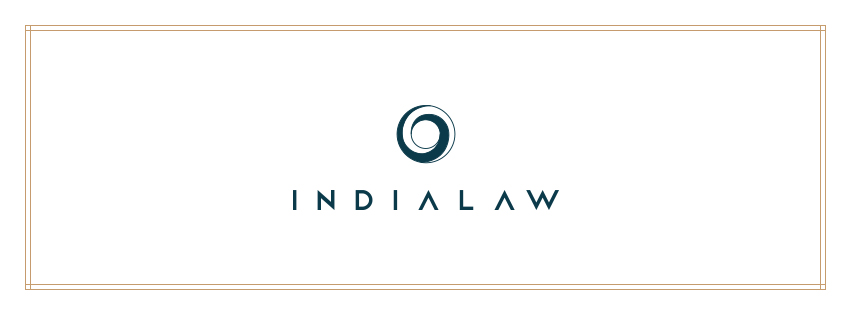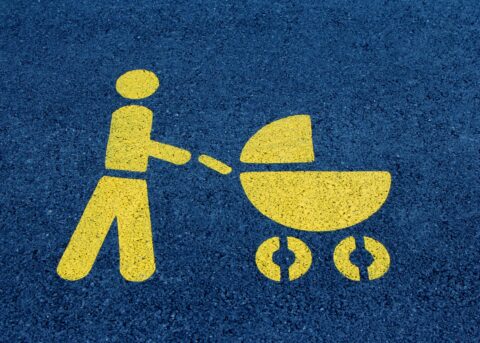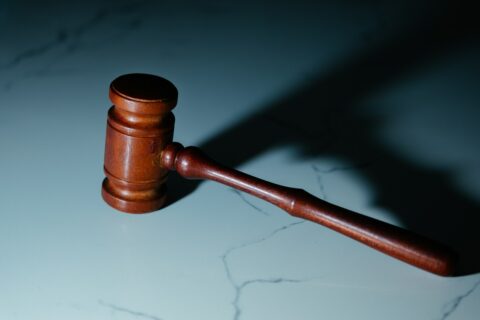SUPREME COURT OBSERVES: BURDEN LIES ON THE BORROWER TO PROVE THAT THE SECURED PROPERTIES ARE AGRICULTURAL LANDS

The Supreme Court, comprising Justice M.R. Shah and Justice M.M. Sundaresh in a recent judgment1 held that the burden to prove that the secured properties are agricultural lands and are being used as agricultural lands or for agricultural activities in fact, lies on the borrower under the proceedings of Securitisation and Reconstruction of Financial Assets and Enforcement of Security Interest Act, 2002 (“SARFAESI Act”).
The High Court of Telangana allowed the writ petition stating that in view of Section 31(i) of the SARFAESI Act, the property being used as agricultural land could not have been put to auction, by the impugned judgment and quashed and set aside the order passed by the Debts Recovery Tribunal (“DRT”), where DRT dismissed the application of the borrowers and stated that land in question were not exempted from the provisions of the SARFAESI Act.
Feeling aggrieved and dissatisfied with the impugned judgment passed by the HC as it quashed and set aside the sale of the agricultural land in question, the auction purchaser as well as the secured creditor have preferred the present appeal.
The Apex Court stated that in case the borrower would have preferred an appeal before the Debts Recovery Appellate Tribunal (“DRAT”), it required him to deposit 25% of the debt due. To circumvent the provision of appeal before the DRAT and the pre-deposit, the borrower preferred the writ petition before the HC under Article 226/227 of the Constitution.
“Therefore, in view of alternative statutory remedy available by way of appeal before the DRAT, the High Court ought not to have entertained the writ petition under Article 226/227 of the Constitution of India challenging the judgment and order passed by the DRT-I. By entertaining the writ petition straightway under Article 226/227 of the Constitution of India challenging the order passed by the DRT-I, the High Court has allowed/permitted the borrower to circumvent the provision of appeal before the DRAT under the provisions of the SARFAESI Act.”
Borrowers submitted that as the said scheduled properties were agricultural properties, the said properties were exempted from the provisions of the SARFAESI Act with reference to Section 31(i) of the Act.
The court stated that it must be noted that except for the revenue records, the borrowers did not submit any evidence that the agricultural work was carried out on the said property. Whereas the secured creditor submitted the photographs to show that there were no agricultural activities going on, on the land.
By citing the cases of Blue Coast Hotels Limited and Others (Supra), in the case of K. Pappireddiyar and Another (Supra), and Blue Coast Hotels Ltd. (Supra), the court observed that “only in a case where the secured property is actually put to use as agricultural land and solely on the basis of the revenue records / Pattadar and once the secured property is put as a security by way of mortgage etc. meaning thereby the same was not treated as agricultural land, such properties cannot be said to be exempted from the provisions of the SARFAESI Act under Section 31(i) of the SARFAESI Act. Applying the law laid down in the aforesaid two decisions to the facts of the case on hand and when no evidence was led at all on behalf of the borrowers that the secured properties in question were actually put to use as agricultural land and/or any agricultural activity was going on, the High Court has committed an error in applying Section 31(i) of the SARFAESI Act and quashing and setting aside the entire Possession Notice, Auction Notice as well as Sale etc.”
Further, the court held that the HC has erred in shifting the burden upon the secured creditor to prove that the properties are non-agricultural lands or have been put to nonagricultural use.
The Apex Court allowed the appeal declaring the impugned judgment and order passed by the High Court as unsustainable and quashed it aside.
1 K. Sreedhar vs Raus Constructions Private Ltd. | 2023 LiveLaw (SC) 13 | CA 7402 OF 2022 | 5 January 2023
By entering the email address you agree to our Privacy Policy.



